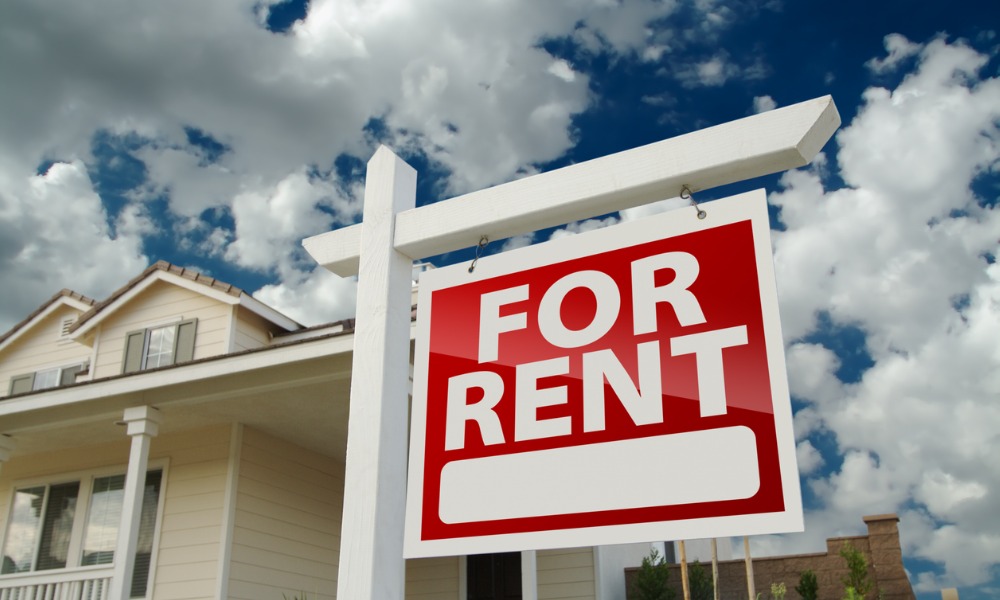Average rents continue to increase year on year

More than a third of private renters in the UK are struggling to afford their rent, according to new research.
Overall, 35% of renters reported finding it difficult or very difficult to pay rent, with this proportion rising to 56% for those not in work due to long-term sickness or disability. Among students, 45% were struggling, and for those receiving benefits, the figure was 43%.
The overall percentage of those struggling to pay rent has increased from 32% last year.
The data comes from a representative survey of over 2,000 private renters conducted in March by the TDS Charitable Foundation, which aims to educate about housing rights and obligations in the private rented sector.
🚨 Over a third of private renters are struggling to afford rent, according to the latest Voice of the Tenant survey by TDS Charitable Foundation. 📊
— TDS (@TenancyDeposits) June 21, 2024
chrome-extension://efaidnbmnnnibpcajpcglclefindmkaj/https://t.co/OYQVNg3XPP pic.twitter.com/f8lEhYGqh5
The research found that average rents had increased by 7% over the last year, though this varied widely by location. Average rents rose by 11% in small towns, while they fell by 0.3% in suburbs.
Many tenants are also struggling to afford household essentials, with 55% cutting back on expenses such as food, heating, and clothing. This figure rose to 72% among single-parent renters and 62% for rented households with children.
With all major political parties promising to end section 21 ‘no fault’ repossessions, the TDS Charitable Foundation warns that this will not alone provide tenants with the security they need without addressing rent affordability.
The foundation is calling for parties to develop plans to tackle the supply and demand gap in the rental market to help reduce costs and to commit to keeping housing benefit rates unfrozen for the next Parliament's duration.
“Being able to afford a home should be the foundation for anyone to flourish,” said Jennifer Harris, head of policy and research at TDS Group. “However, our data paints a worrying picture of the pressures many renters are now under and has implications for landlords with tenants in arrears.
“While all the main parties have focused on ending section 21, this will not address the fundamental challenges many tenants face in affording their rents.
“The next government needs to avoid the temptation to reach for simple solutions. This means addressing the gap between supply and demand in the rental market, reducing costs on the sector and providing certainty about housing benefit levels to enable tenants and landlords to plan for the medium to long term.”
Want to be regularly updated with mortgage news and features? Get exclusive interviews, breaking news, and industry events in your inbox – subscribe to our FREE daily newsletter. You can also follow us on Facebook, X (formerly Twitter), and LinkedIn.



